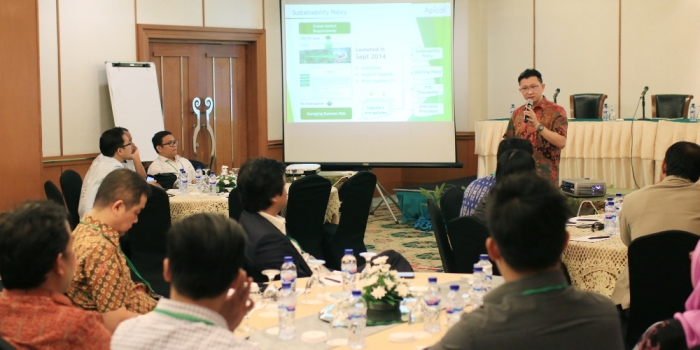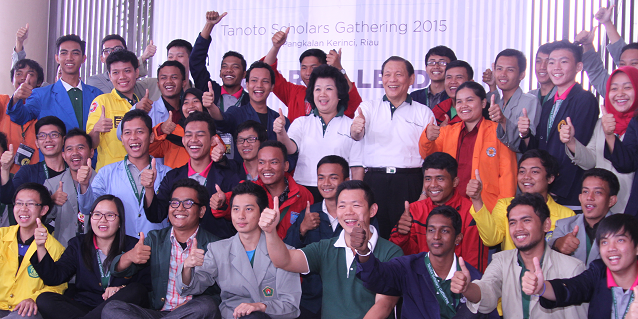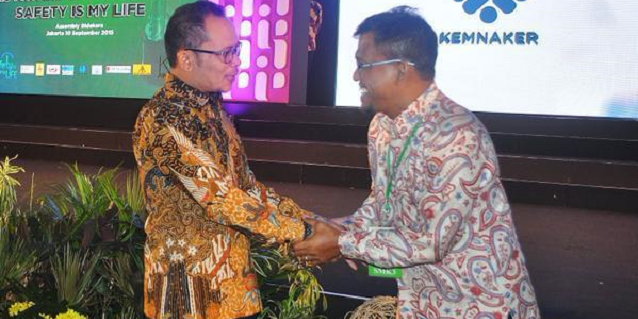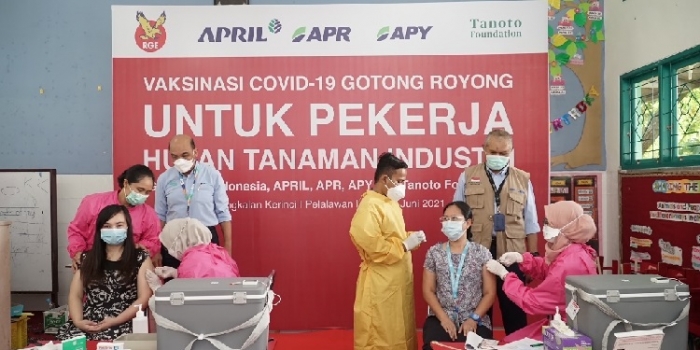Apical Group, one of Indonesia’s largest exporters of palm oil, released its 2017 Sustainability Report, highlighting its efforts to work with its network of stakeholders to innovate, develop collective understanding, harness synergies and accelerate progress.
The company’s second sustainability report, written using the Global Reporting Initiative (GRI) Standards, demonstrates how its Anchor Programmes such as the Traceability Outreach Programme (TOP), Mill Prioritisation Process (MPP), and Priority Supplier Engagement Programme (PSEP) help achieve the goals of improved traceability, deeper supplier engagement, and increased skill capacity.
The achievements and highlights from the report include:
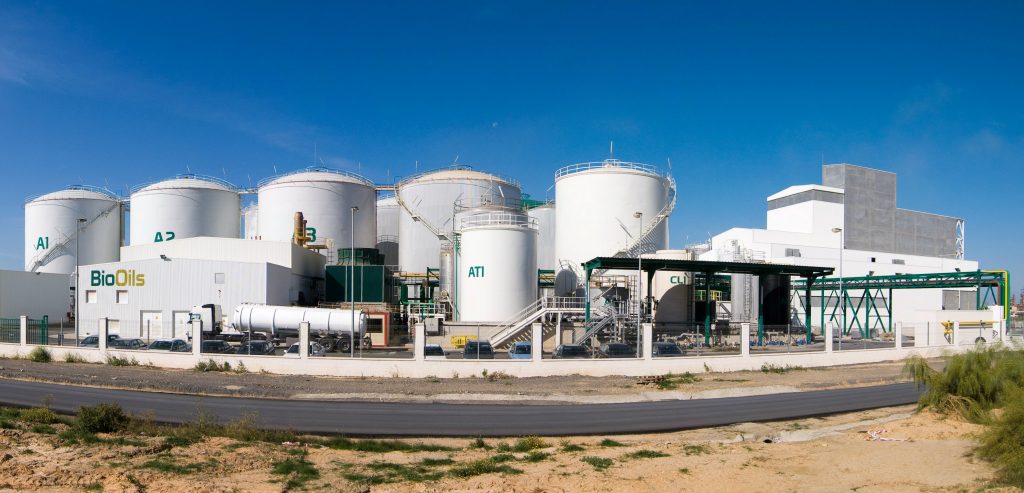
In his statement, Apical President Dato’ Yeo How shares, “Looking back at this year, we are very proud of the progress we have made and the lives we have touched through our various initiatives. In particular, through our Anchor Programmes, Apical’s flagship approach to supplier engagement, we have seen the impacts transparency and sincere engagement can achieve first-hand.”
In his report review, Proforest’s Co-founder and Director Neil Judd commended Apical’s efforts to increase engagement with dealers, middlemen and independent smallholders. “Actively including smallholders in transformative efforts is a practical step towards reducing the incidence of illegal plantings and encroachment into protected areas through the emphasis on yield and productivity in existing smallholders’ plantations.”
Dato’ Yeo also shared that the company is trying to digitise its supply chain management, working with collaborators to see how they can use blockchain technology to help authenticate and manage traceability efforts. On 6 September 2018, a new group of oil palm growers, palm oil processors, consumer goods manufacturers, not-for-profit organisations and technology leaders gathered to initiate a blockchain solution called SUSTAIN (Sustainability Assurance & Innovation Alliance) that aims to improve traceability across the supply chain.
Apical owns and controls an extensive palm oil downstream value chain from sourcing or aggregation to distribution. It refines, processes and trades palm oil for both domestic use and international export.
Read the Apical 2017 Sustainability Report here



